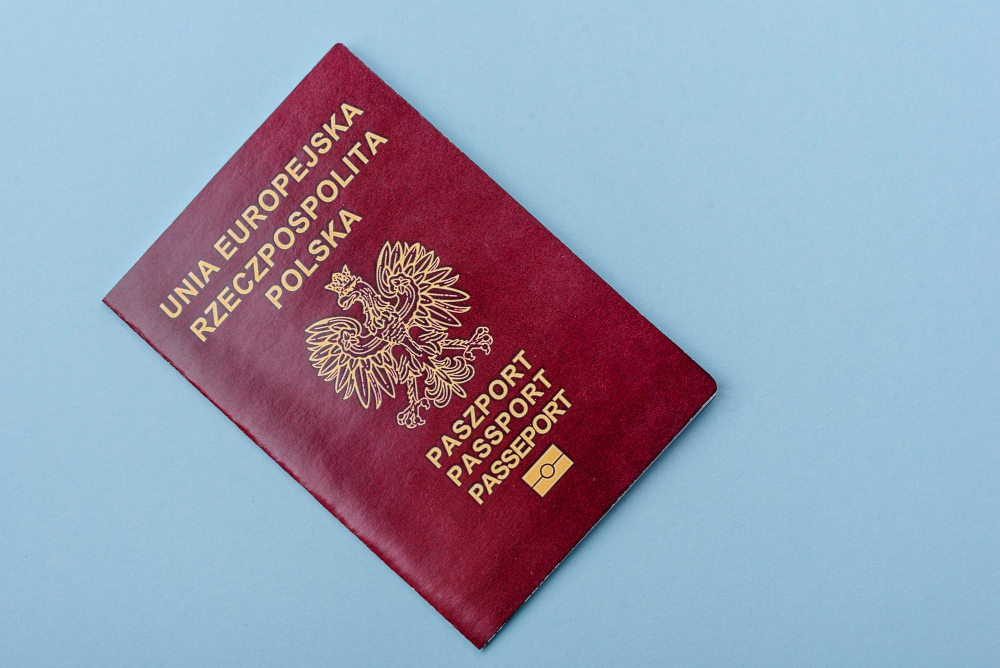Poland Implements Stricter Citizenship Rules in Response to Misuse of the Polish Card
Key Highlights
1. Poland is tightening the rules for obtaining Polish Cards due to widespread abuse.
2. The changes target misuse of the Polish Card Act, which previously allowed individuals of Polish origin or those involved in Polish organizations to obtain citizenship.
3. The stricter regulations are expected to affect thousands, particularly Ukrainians and Belarusians.
The Polish government is introducing tougher criteria for those seeking Polish citizenship as part of a broader migration strategy. The new rules will likely include stricter language proficiency requirements, following reports of abuse of the Polish Card Act, which allows citizenship for individuals who can prove Polish ancestry.
The Polish Card, introduced in 2007, has enabled thousands of individuals claiming Polish heritage to gain citizenship. Under this law, candidates must demonstrate Polish origin through their parents, grandparents, or great-grandparents.
Abuse of the Polish Card by Ukrainian and Belarusian Nationals
The changes are being driven by concerns over fraudulent claims in the repatriation process, with some applicants allegedly using forged documents to prove their Polish ancestry. According to *Rzeczpospolita*, over 206,000 people currently hold a Polish Card, with the majority being from Ukraine and Belarus.
Critics argue that the law has been problematic since its inception, as it allowed individuals active in Polish organizations for more than three years to bypass proving their Polish origin. Data from the Centre for Migration Research shows that out of 162,000 Polish Cards issued by June 2022, fewer than 7,000 were granted to individuals who did not verify their ancestry.
Polish MEP Michał Dworczyk acknowledged the law's necessity but pointed out areas for improvement, stating, "Taking away the possibility of applying for the card from Polish community activists is wrong. Some people have lost Polish documents. This is like throwing the baby out with the bathwater."
Other EU Nations Also Tightening Citizenship Rules
Poland joins several other EU countries, including Sweden and Finland, in tightening citizenship regulations in 2024. Sweden's Prime Minister Ulf Kristersson and Migration Minister Johan Forssell have announced stricter rules for foreigners applying for citizenship, particularly those with criminal records or ties to dangerous groups.
Sweden and Finland have also extended the residency requirement for citizenship from five to eight years, while Sweden is introducing a new language requirement for native-born applicants. Future citizenship applications in both countries will be evaluated under these updated standards.

